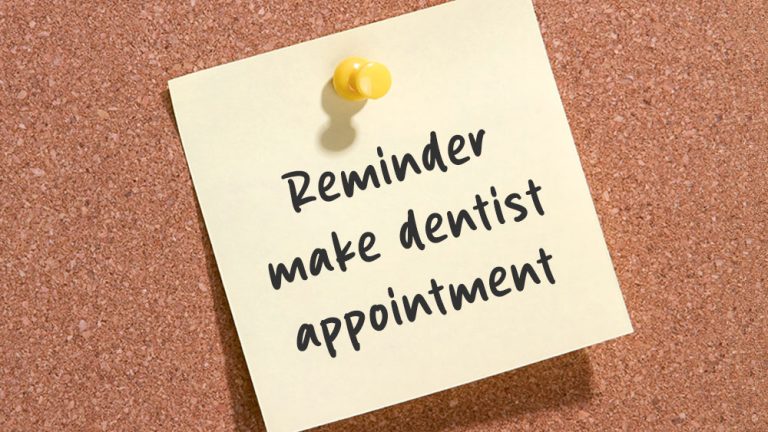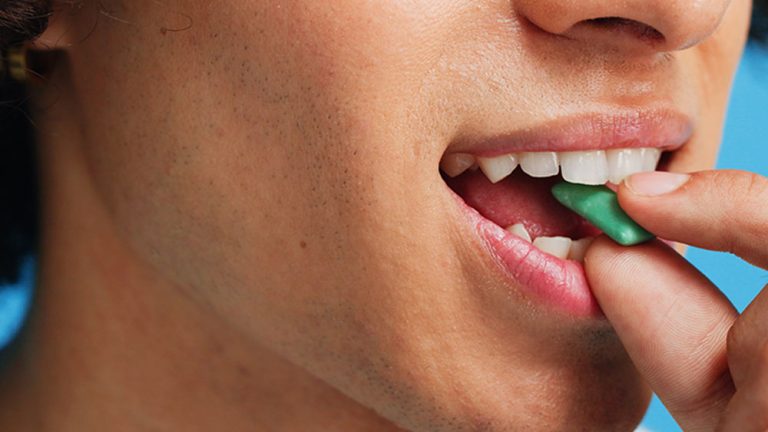
Building Healthy Smiles: The Importance of Early Oral Care for Children
When it comes to raising healthy, happy children, most parents focus on balanced diets, vaccinations, and regular visits to the pediatrician. But one crucial aspect of a child’s well-being that’s often overlooked is oral and dental hygiene. Teaching good oral care habits early isn’t just about preventing cavities—it lays the foundation for lifelong health, confidence, and quality of life.
Though often called “baby teeth,” primary teeth are anything but temporary in their importance. They help children chew and speak properly, and they hold space for permanent teeth to come in correctly. If a child loses a baby tooth too soon due to decay or gum disease, it can lead to misaligned adult teeth and costly orthodontic issues later on.
That’s why it’s important to begin oral care even before the first tooth comes in. Gently wiping your baby’s gums with a soft cloth after feedings helps remove harmful bacteria. As soon as teeth appear, brushing twice a day with a soft-bristled toothbrush is key to keeping them healthy.
Children learn by example, so parents play a key role in shaping their oral hygiene habits. When kids see adults brushing and flossing regularly, they’re more likely to follow suit. Making dental care a fun, family activity—by singing songs, using colorful toothbrushes, or reading dental-themed books—can turn brushing into a positive experience instead of a chore.
Establishing these routines early doesn’t just prevent childhood dental problems—it builds lifelong habits. Studies show that kids who develop strong brushing and flossing routines are more likely to maintain them into adulthood, lowering their risk for dental diseases.
Poor oral hygiene in children can lead to cavities, gum disease, and infections, which may cause pain, trouble eating or speaking, and missed school days. Despite being largely preventable, dental decay remains one of the most common chronic conditions among children in the U.S.
Simple preventive steps—daily brushing and flossing, regular dental visits, and healthy eating—can help families avoid the need for fillings, crowns, or extractions. These practices not only reduce discomfort but also save time and money in the long run.
A bright, healthy smile can also boost a child’s confidence. Dental issues like visible decay may make kids feel self-conscious, affecting their self-esteem and social interactions. Consistent care and dental check-ups help children maintain their smiles—and their confidence—through every stage of development.
Oral health is a key part of overall health, and it starts earlier than many parents realize. By modeling and teaching good habits from the beginning, parents give their children the tools they need for a lifetime of healthy smiles—and enjoy those benefits themselves. A little daily effort truly goes a long way.



